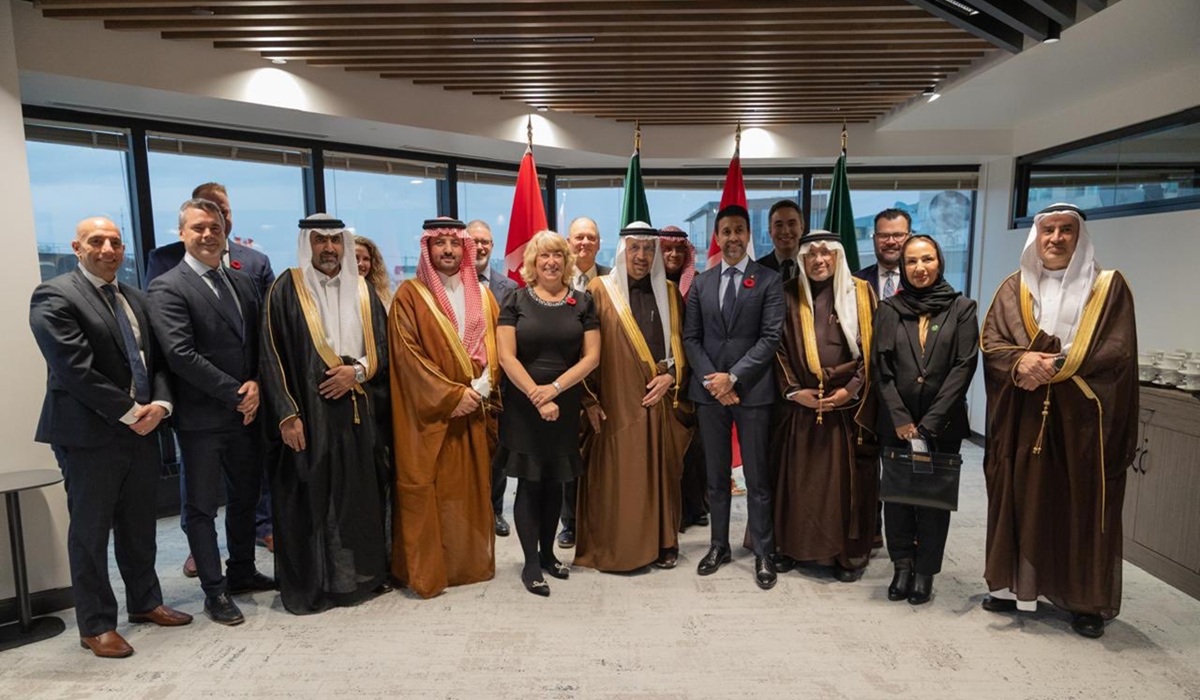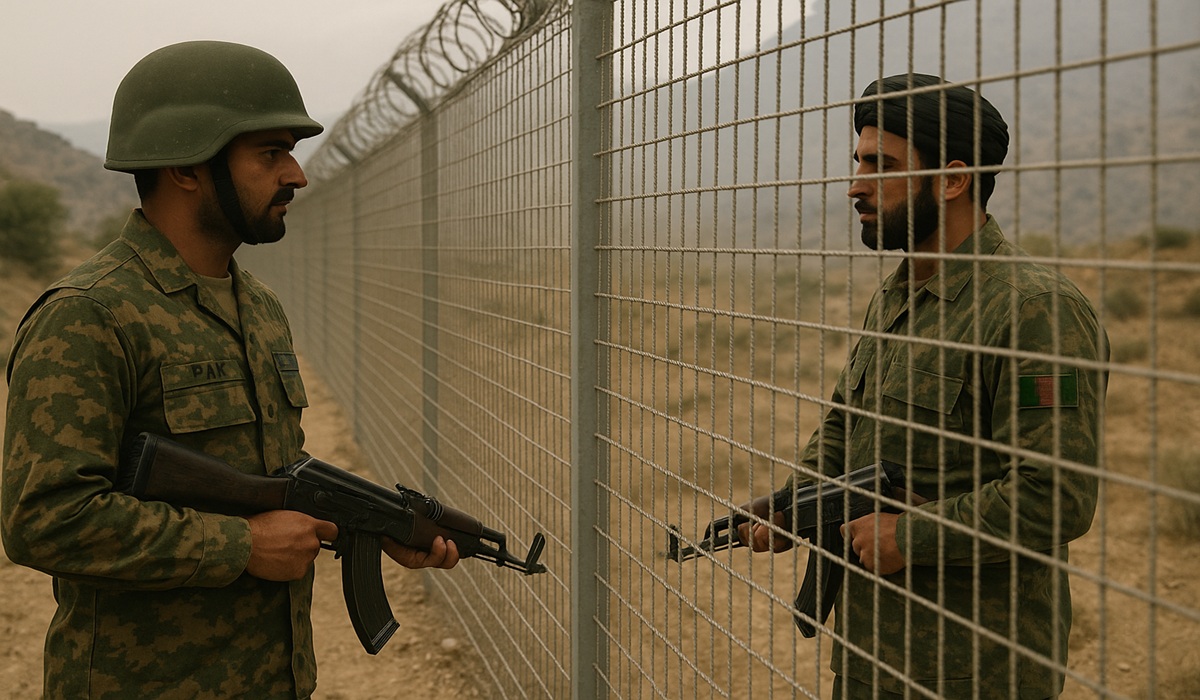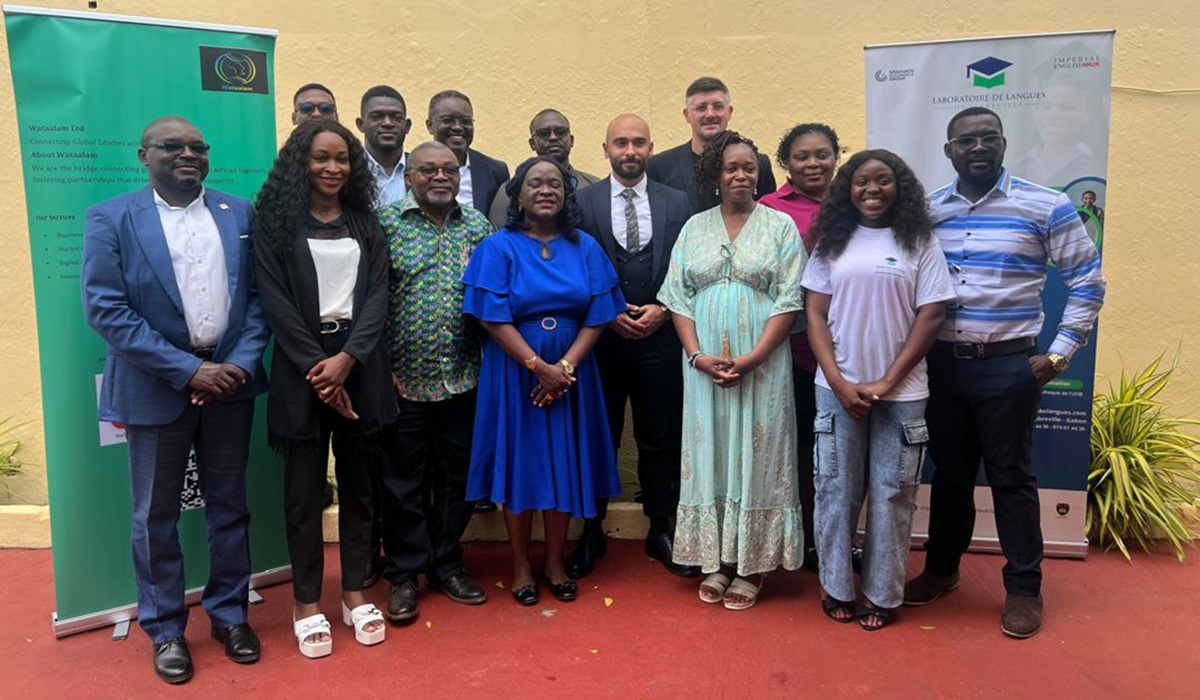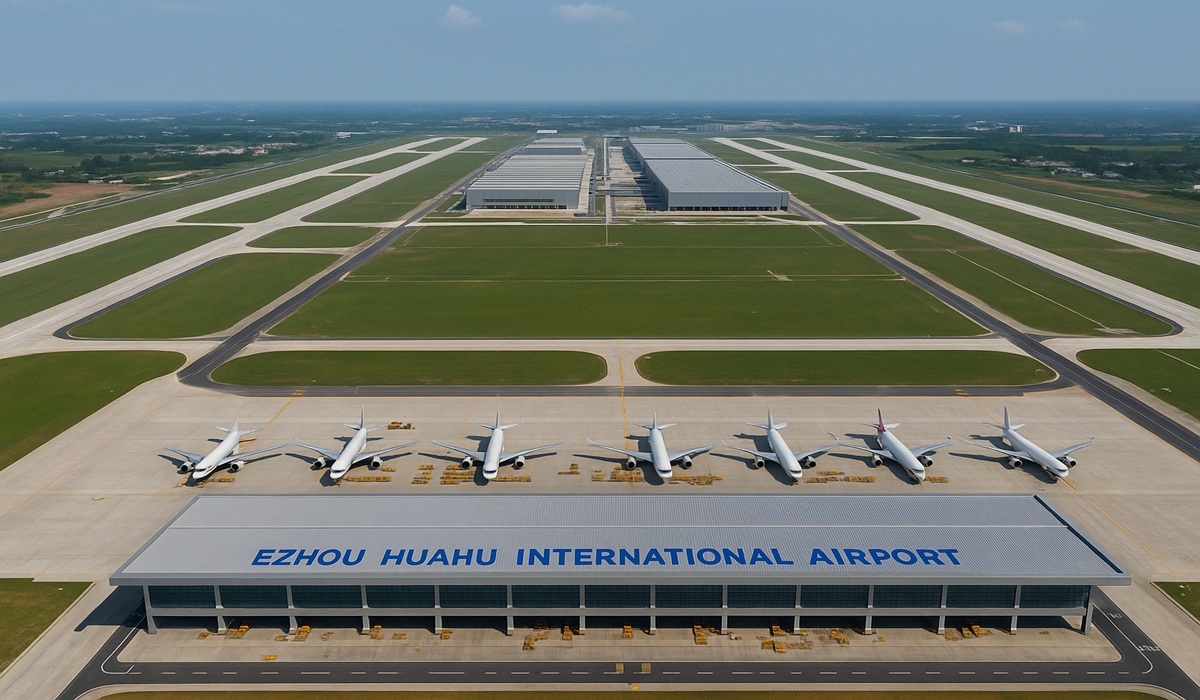Minister Sidhu Strengthens Canada’s Economic Relationship with Saudi Arabia
- TDS News
- Trending News
- November 6, 2025

Canada is moving to deepen its economic engagement in the Middle East with a major step forward in trade relations. On Monday, the Honourable Maninder Sidhu, Minister of International Trade, welcomed Khalid Al-Falih, Saudi Arabia’s Minister of Investment, along with a delegation of Saudi officials and business leaders, to Ottawa for a series of high-level meetings aimed at strengthening commercial ties and fostering new areas of collaboration.
The visit marks a significant milestone as both countries announced the launch of negotiations toward a Foreign Investment and Protection Agreement (FIPA)—a framework designed to ensure greater stability and legal protection for investors from both nations. The ministers also confirmed the reactivation of the Joint Economic Commission, a treaty-based mechanism created to advance bilateral trade initiatives and promote shared economic growth.
Adding further momentum to the partnership, the two sides recognized the recent signing, on October 23, of a memorandum of understanding between Export Development Canada (EDC) and the Saudi EXIM Bank, an agreement expected to expand financing opportunities and strengthen support for companies engaged in cross-border trade.
Minister Sidhu emphasized that the revitalized relationship between Canada and Saudi Arabia represents a concrete opportunity to unlock new business potential across multiple sectors. “Saudi Arabia is an important market for Canada as our largest bilateral merchandise trading partner in the Middle East,” he said. “We’re committed to advancing economic cooperation and mutually beneficial investment opportunities to foster greater commercial prosperity for Canadians and Saudis.”
During the bilateral discussions, both ministers highlighted strategic opportunities for collaboration in artificial intelligence and frontier technologies, healthcare, infrastructure, mining, defence, and creative industries—all areas where Canadian innovation and expertise align closely with Saudi Arabia’s economic diversification goals under its Vision 2030 strategy.
The meetings also included a business round table with Invest in Canada, bringing together executives and stakeholders from both countries to explore partnership opportunities, share success stories, and identify new areas of trade expansion.
The strengthened partnership signals Canada’s broader ambition to diversify its global trade relationships. Saudi Arabia, with one of the fastest-growing economies in the G20, offers substantial investment potential for Canadian firms seeking to expand their presence in the Middle East.
According to Global Affairs Canada, two-way merchandise trade between the two nations totaled approximately $4.1 billion in 2024, consisting of $2 billion in Canadian exports and $2.1 billion in imports. Canada’s top exports to Saudi Arabia include defence products, aircraft, motor vehicles and parts, pharmaceuticals, and industrial machinery and equipment.
Currently, over 150 Canadian companies are active in Saudi Arabia, providing advanced solutions and services in the same high-growth sectors both governments are now prioritizing for collaboration.
The upcoming negotiations on a FIPA and the reactivation of the Joint Economic Commission are expected to pave the way for a more predictable and transparent investment environment. With both governments expressing mutual commitment to long-term cooperation, the groundwork is being laid for expanded trade flows, innovation partnerships, and joint ventures that can drive sustainable economic growth.
Minister Sidhu’s engagement with his Saudi counterpart underscores a clear message: Canada is open for business and ready to partner with global economies that share its vision for innovation, prosperity, and mutual benefit.
As new agreements take shape and more Canadian firms enter the Saudi market, this partnership could become a cornerstone of Canada’s broader trade strategy in the region—one focused not just on exports, but on building resilient, forward-looking economic relationships for the future.








